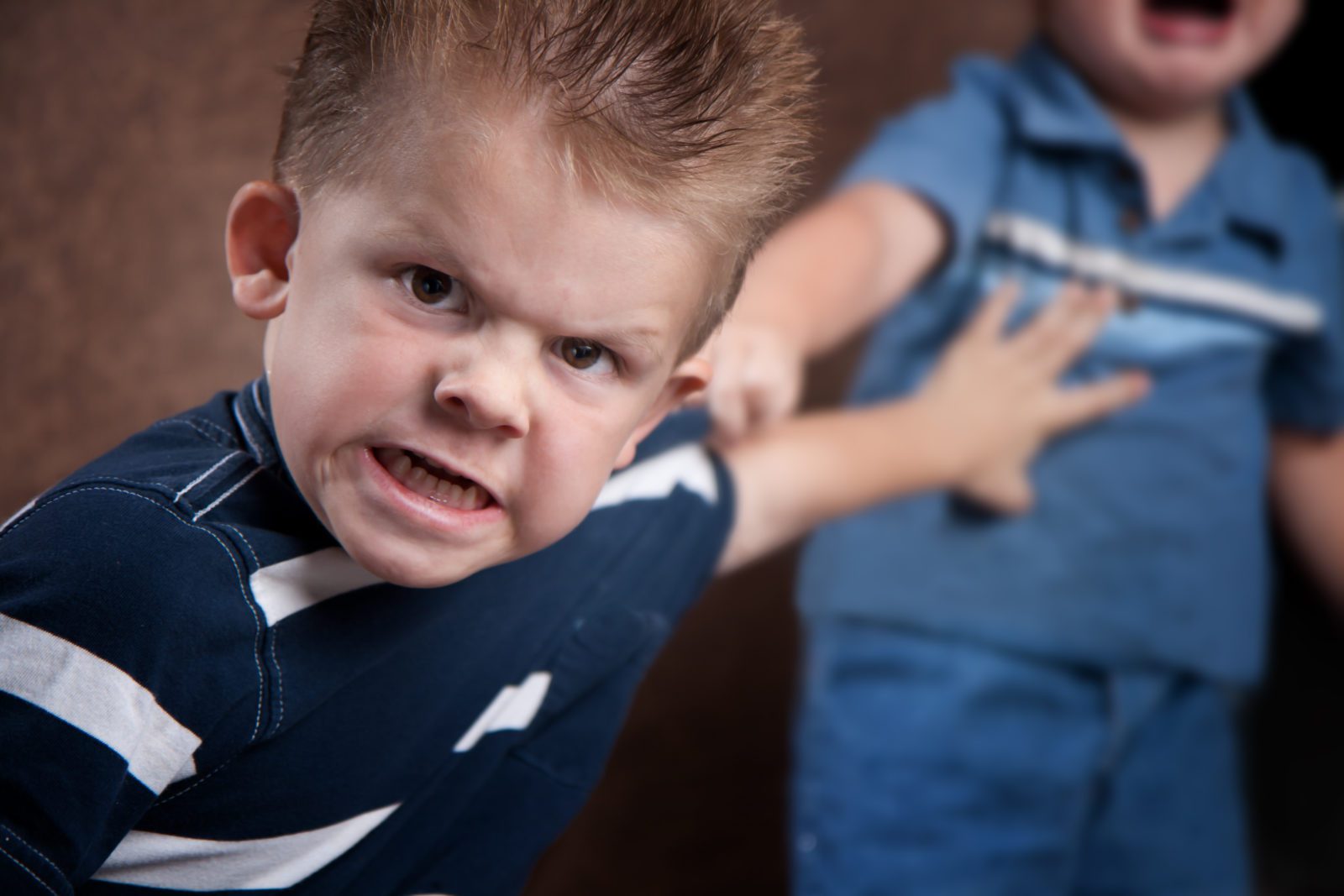
This article was first published in Kids in the City/Kids on the Coast
Sadly, despite progress and a lot of good blokes showing us otherwise, there is still huge pressure on boys to ‘man up’, be tough and not allow their vulnerability to show.
This pressure starts early in life and research backs this up. In one study, both mothers and fathers reported higher rates of hostile parenting practices towards boys and were less confident in parenting them, compared with girls.
Our boys struggle emotionally on many levels and this is partly due to the inner struggle between hormones, brain chemicals, slower and poorer verbal and emotional processing, social conditioning and the pressure for boys to appear powerful and successful at any cost.
Boys and men may often be physically stronger, however they are often emotionally much more vulnerable than girls . There is a mistaken perception that they don’t feel emotions as much as women—they do.
Boys may simply need more time to work out what big ugly feelings are really all about, whereas girls tend to move from experiencing the emotion to interpreting the emotion much quicker.
Maybe because of the all-pervasive ‘boys don’t cry’ myth, when boys struggle with vulnerability they will generally do one of two things. They may come out fighting—acting out their emotions through angry outbursts or irrational behaviours towards other children or parents. Other boys may simply withdraw and seek isolation.
One of the key things to remember is that: Boys’ behaviour is their language.
So what parents do to support them emotionally?
Firstly, the stronger a boy feels emotionally connected to his adult allies, the safer his emotional world becomes and the better his behaviour.
I suggest building micro-moments of connection, or love bridges. These are simple things like winking, smiling, high fives, reading bedtime stories, sharing common interests or leaving a “Love you!” post-it note in his lunchbox or on his mirror.
This is especially important with boys because as Steve Biddulph says: “Boys are more prone to separation distress, anxiety and can become emotionally shut down as a result of feeling abandoned.”
Secondly, boys need help to build self-regulation—to manage themselves better. According to Dr Stuart Shanker, self-regulation is a key to succeeding at school and life. What helps is music, drama, sport, time in nature, self-calming strategies, mindfulness, safe touch, reading, real play and loving relationships with consistent caregivers.
What doesn’t help is too much TV, iPads/tablets, video games, too much pressure and stress on children, poor food and not enough sleep.
Thirdly, we have to coach our boys emotionally. If you’re a dad or father figure, make a point of not toughening up when something moves you—let him see how you feel. Be affectionate too (and enjoy rough and tumble play—it’s good for the brain).
Either way, whether you’re mum or dad, talk to your son about his feelings (not in the middle of a meltdown, of course) and help him find words for his feelings: “Did you feel sad that your friend played with someone else?”
Finally, it is critical we stop shaming boys (this goes for all children but statistically boys are struggling).
We shame children when we deliberately ignore them, are sarcastic, walk away, roll our eyes, glare at them, shout/yell/swear, freeze them out and say things like “Don’t be a sissy!”.
The ‘boy code’ that is a strong conditioned expectation culturally must be challenged as it continues to create emotional hardening of boys from an early age.
They must be allowed to fail and make mistakes without feeling shamed and we must be deliberate in our efforts to help them share true feelings, to help them love and feel loved, and to help them shine.
Image credit: ©️ Cresta Beck /Adobe Stock – stock.adobe.com



